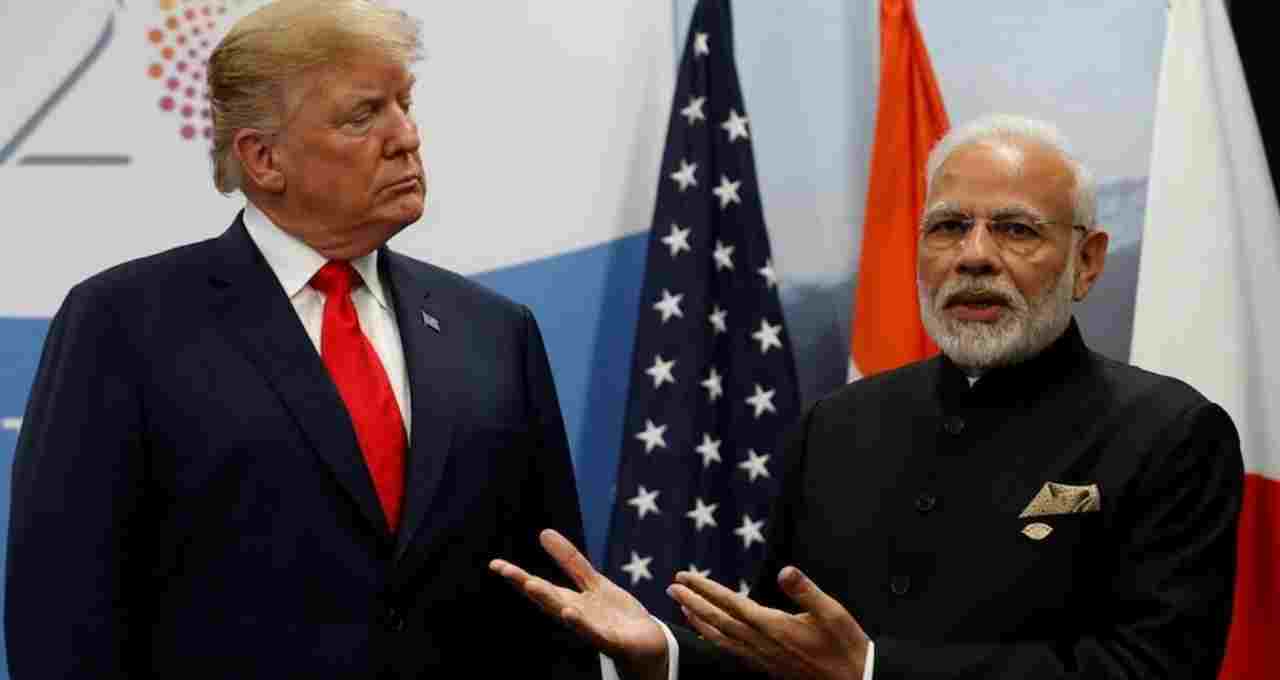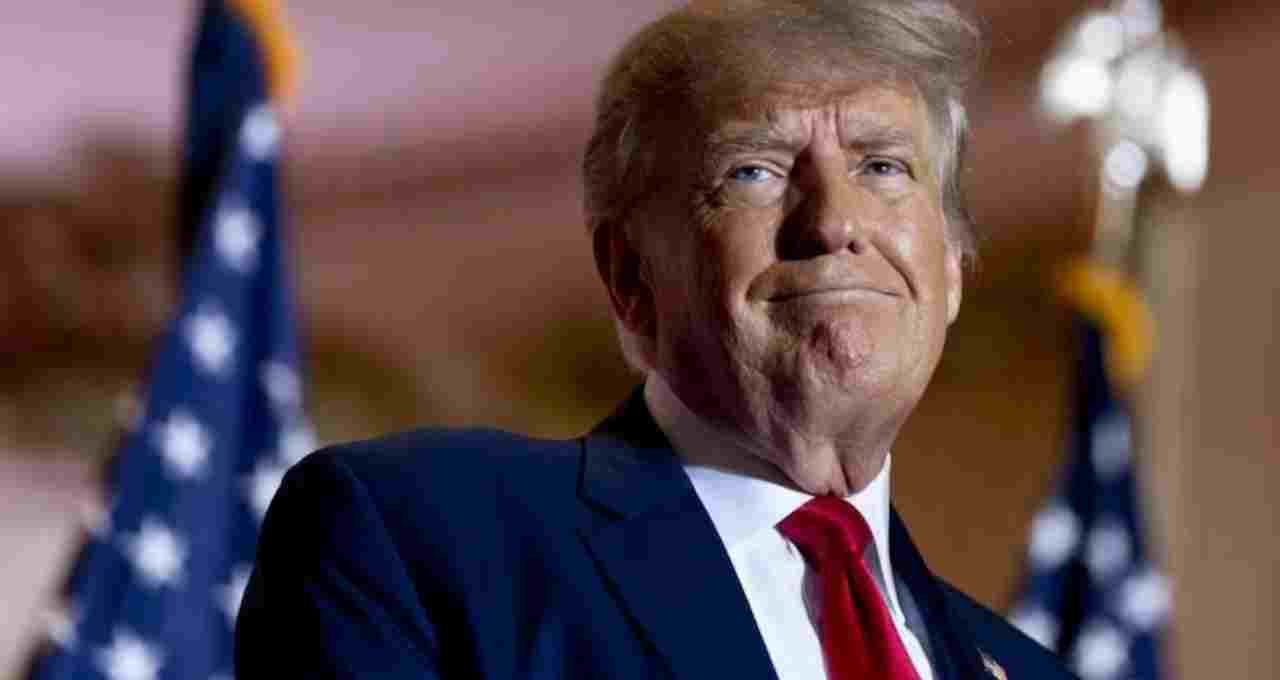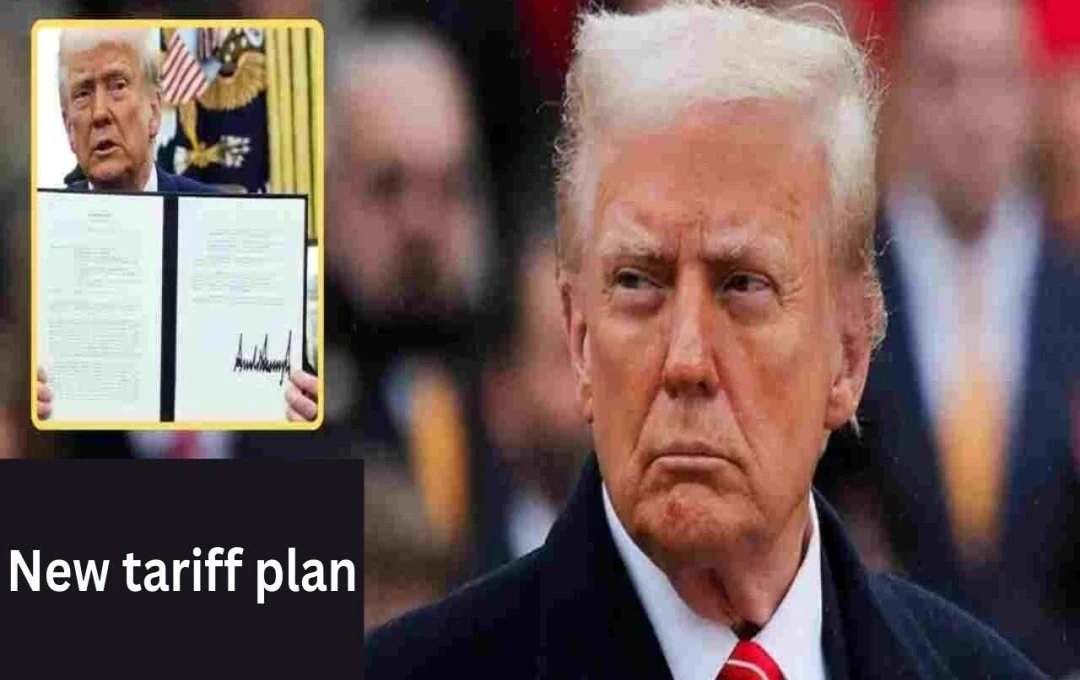On April 2nd, US President Donald Trump declared a "Marketing Liberation Day" and announced plans to impose reciprocal tariffs on goods imported into the United States from around the world. This will involve levying taxes on goods imported from other countries.
Washington: US President Donald Trump announced new tariffs, effective April 2nd, that will impose duties on goods imported from countries worldwide. White House Press Secretary Caroline Levit (Note: This name might be incorrect and needs verification from the original source) indicated that Trump would unveil the plan during a Garden Press Conference at the beginning of his second term on Wednesday. The plan proposes the US imposing reciprocal tariffs on its trading partners, aiming to reduce America's reliance on foreign goods. However, many aspects of this plan remain speculative.
Potential Impact on India
India may face significant tariffs on its exports to the US. India exports various products to the US, including pharmaceuticals, textiles, minerals, and agricultural products. The Indian pharmaceutical industry will be particularly affected, given the large market for Indian generic drugs in the US. Estimates suggest a potential tariff impact of around 10.90% on the pharmaceutical sector. However, some Indian products, such as ores and petroleum, may not face additional tariffs due to pre-existing high tariffs.

Canada and Mexico's Response
Canada and Mexico have already responded to Trump's proposed tariff plans. Canadian Prime Minister Mark Carney (Note: This name might be incorrect and needs verification from the original source) stated that their longstanding relationship with the US is over and Canada will impose retaliatory tariffs impacting the US. Similarly, Mexico has indicated it will impose retaliatory tariffs on US goods. Mexico aims to mitigate a trade war with the US and boost its domestic industries.
China's Reaction
China, Japan, and South Korea have issued a joint response to Trump's tariff proposals. China stated that the US tariffs will ultimately weaken the US position and strengthen China's global market standing. These countries believe that Trump's actions may isolate the US while strengthening their own cooperation and resolve.
Global Impact of Trump's Tariffs

Trump's tariff plan could have far-reaching consequences for global trade. Experts suggest these tariffs could lead to higher consumer prices, reduced sales, and increased global economic uncertainty. While the tariffs aim to protect US industries, they may also create new challenges for global trade.
The tariffs imposed under this plan are expected to generate an estimated $100 billion in revenue for the US government. However, the long-term impact on trading partners and consumers could be negative, potentially marking a significant shift in the direction of global trade.














